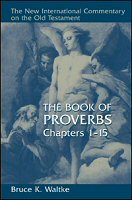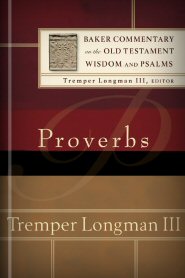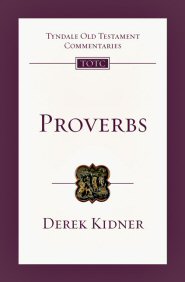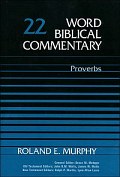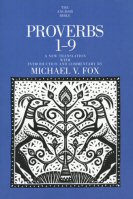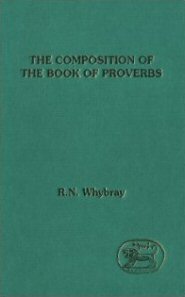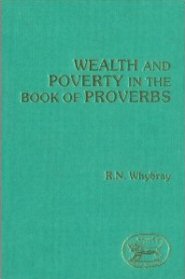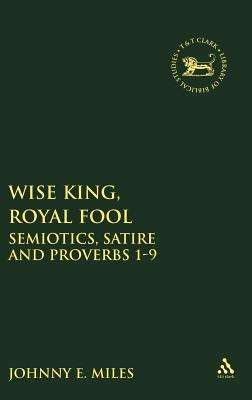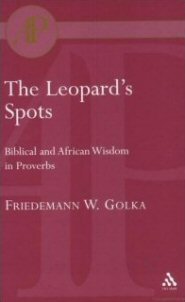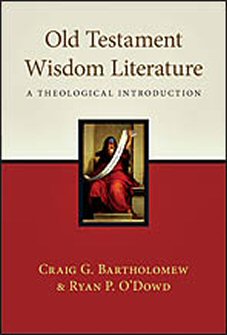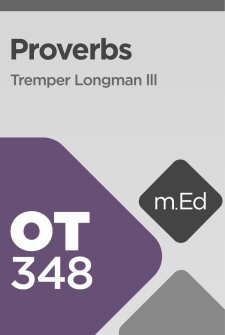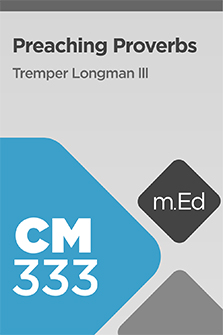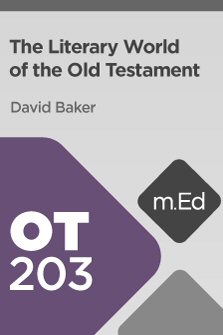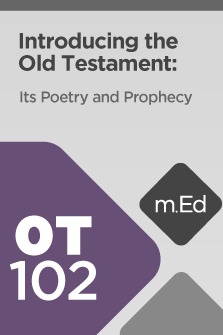Job and Proverbs
The Job & Proverbs Expository Preaching Kit (L) helps you plan an expositional sermon series by curating a trifecta of the best Bible study materials on Job and Proverbs you need to prep and preach. It includes everything in Job & Proverbs Expository Preaching Kit (S) and Job & Proverbs Expository Preaching Kit (M), plus resources like A Messianic Commentary on Proverbs: Proverbial Wisdom & Common Sense, Proverbs (Mentor Commentary), and Bruce Waltke’s two volumes on Proverbs from The New International Commentary on the Old Testament.
Small
Medium
Large
